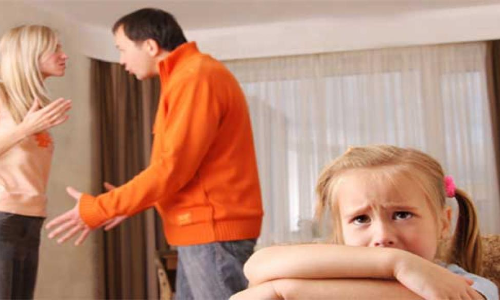Live
- OnePlus 13R may outshine the Apple iPhone SE 4 in 2025
- MahaYuti’s meeting over govt formation cancelled as CM leaves for his native village
- Supreme Court issues notice on plea seeking SIT probe into Indiabulls ‘illegalities’
- India ranks 2nd on national index score among 29 countries: Report
- Not good to discuss politics in media: Karnataka Congress chief Shivakumar to leaders
- Schools, colleges reopen in six Manipur districts after 2-week closure
- India’s real estate sector growth outlook firms up: Report
- Steam Autumn Sale 2024: Great discounts on games like Red Dead Redemption 2, GTA 5 and more
- Pawan Kalyan Questions Authorities Over Rice Smuggling at Kakinada Port
- Death of 5 women post delivery in Karnataka govt hospitals, BJP seeks Ministers' resignation





.jpg)




